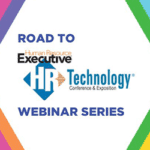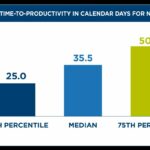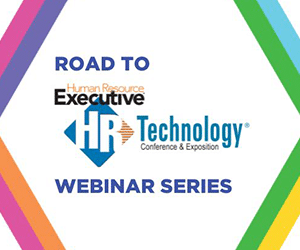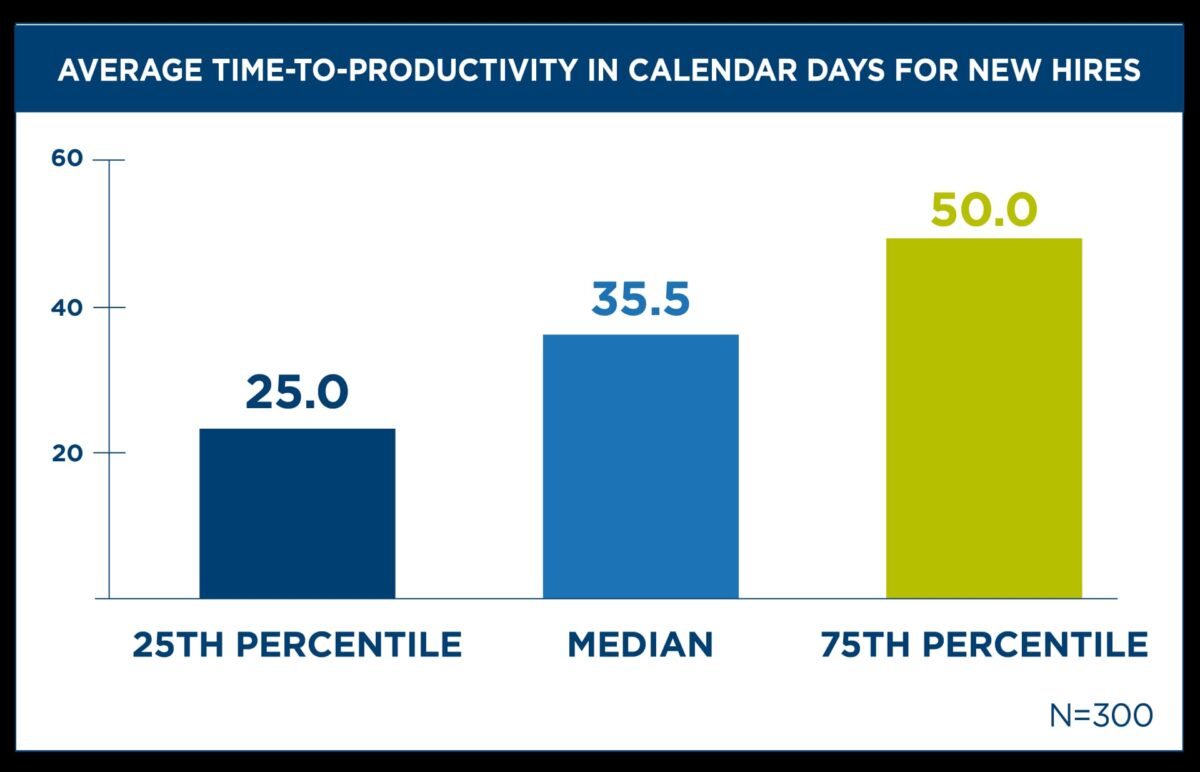
Human Resources Information Systems (HRIS) have emerged as catalysts for organisational transformation in the ever-evolving business world. Assessing the Return on Investment (ROI) of HR tech implementations has become critical for HR directors seeking to demonstrate value and justify their technology investments. Finding a structured approach to evaluate the ROI of HRIS implementations is incredibly important, but how do you do this?
A Methodical Approach to ROI Evaluation
HR directors should adopt a systematic approach encompassing tangible and intangible aspects to assess the ROI of HR tech implementations. An actionable framework to guide this evaluation should include:
- Aligning Objectives and Strategy
At the outset of an HRIS implementation, it is crucial to define clear objectives that connect to the organisation’s broader digital transformation strategy. HR directors must collaborate with key stakeholders to identify core HR processes that can be optimised, cost-saving opportunities, and enhanced employee experiences. This alignment lays the foundation for measuring ROI concerning the organisation’s overarching goals.
- Quantifying Tangible Gains
A rigorous cost analysis must be conducted to measure the tangible benefits of HRIS. Beyond the initial investment, organisations should factor in ongoing maintenance, training, and support expenses. Concurrently, HR directors should identify areas where the HRIS is projected to generate cost savings, such as reduced administrative overhead and improved operational efficiency.
- Assessing Time Savings
A central advantage of HR tech is its ability to automate manual HR processes, saving valuable time for HR personnel. HR directors should meticulously calculate the time saved through automation and translate these gains into monetary values, using HR staff’s average hourly wage rates. This exercise aids in quantifying a tangible metric for evaluating ROI.
- Gauging Employee Experience
Employee satisfaction and engagement are integral components of HRIS ROI evaluation. Through well-structured surveys and feedback mechanisms, HR directors can gain insights into employee perceptions and assess post-implementation changes in engagement levels and workforce productivity. A positive shift in employee experience indicates a potentially significant ROI through improved talent retention and performance.
- Harnessing Data-Driven Decision Making
HRIS implementations grant organisations access to data-rich analytics. HR directors should scrutinise the quality and impact of data-driven decisions to capitalise on this capability fully. By comparing strategic outcomes pre- and post-implementation, HR leaders can quantify the positive influence of HRIS on decision-making effectiveness, which directly correlates with ROI.
- Mitigating Compliance and Risk
Compliance with HR regulations is critical for organisations, and HRIS can significantly reduce related risks. By evaluating the extent to which the HRIS ensures adherence to labour laws and data protection regulations, HR directors can quantify the value of risk mitigation, avoiding potential legal expenses and reputational damage.
The Role of External Consultants in Maximizing ROI
Seeking support from external HR consultancy firms can significantly enhance the success of HR tech implementations and the ROI assessment process. This is because these businesses have specialised expertise, unbiased perspectives and extensive experience, which can ensure a transformation project goes smoothly while keeping ROI in mind.
- Unbiased Expertise
External HR consultants possess invaluable expertise from diverse experiences working across various industries. Unlike internal stakeholders, consultants bring an unbiased perspective, enabling them to objectively identify organisational challenges, potential pitfalls, and areas for optimisation. Their ability to objectively evaluate HR tech investments empowers organisations to make informed decisions that align with their unique needs and goals, maximising the overall ROI.
- Best Practices and Insights:
Top-tier HR consultants consistently stay abreast of industry best practices, cutting-edge technologies, and emerging trends in HR management. Leveraging their up-to-date knowledge, organisations can tap into the latest advancements in HRIS and align their technology choices with the most effective practices. By doing so, organisations ensure that the HRIS implementation is optimised for their specific requirements, enhancing efficiency and overall ROI.
- Tailored Solution Design:
Successful HRIS implementations are rooted in thoroughly understanding the organisation’s strategic objectives and HR processes. External consultants conduct in-depth needs assessments to comprehend the intricacies of the organisation’s structure, culture, and pain points. Armed with this comprehensive insight, they design a bespoke HRIS solution that addresses immediate challenges and aligns with the long-term vision. This tailored approach enhances the likelihood of achieving maximum ROI through an optimised implementation.
- Seamless Implementation:
The implementation phase of an HRIS is often complex and critical to its success. External HR consultants possess the experience and skill set to lead a smooth transition, minimising disruptions during adoption. By ensuring seamless integration, consultants accelerate the realisation of ROI and set the foundation for long-term benefits. A well-executed implementation paves the way for sustained improvements in HR processes, ultimately contributing to overall ROI.
- Post-Implementation Support:
The true impact of an HR tech investment extends well beyond the initial implementation phase. External consultants provide ongoing support and performance monitoring to address challenges promptly and optimise system usage. This iterative approach allows organisations to continuously refine HR processes, leading to a more profound and sustained impact on ROI. With the consultants’ expertise readily available, organisations can proactively adapt to changing needs and challenges, maximising the long-term value of their HRIS investment.
Conclusion
As HR directors embark on the journey of HR tech implementations, evaluating the ROI becomes a strategic imperative. By adopting a methodical approach that considers cost analysis, time savings, employee experience, data-driven decision-making, compliance, and risk mitigation, organisations can measure the tangible and intangible benefits of HRIS investments.
Furthermore, the involvement of external HR consultancy firms offers multifaceted advantages, including unbiased expertise, best practices, tailored solution design, seamless implementation, and post-implementation support. Ultimately, these factors contribute to successfully integrating HR tech solutions, enabling organisations to unlock the full potential of their HR functions and thrive in the competitive global marketplace.







